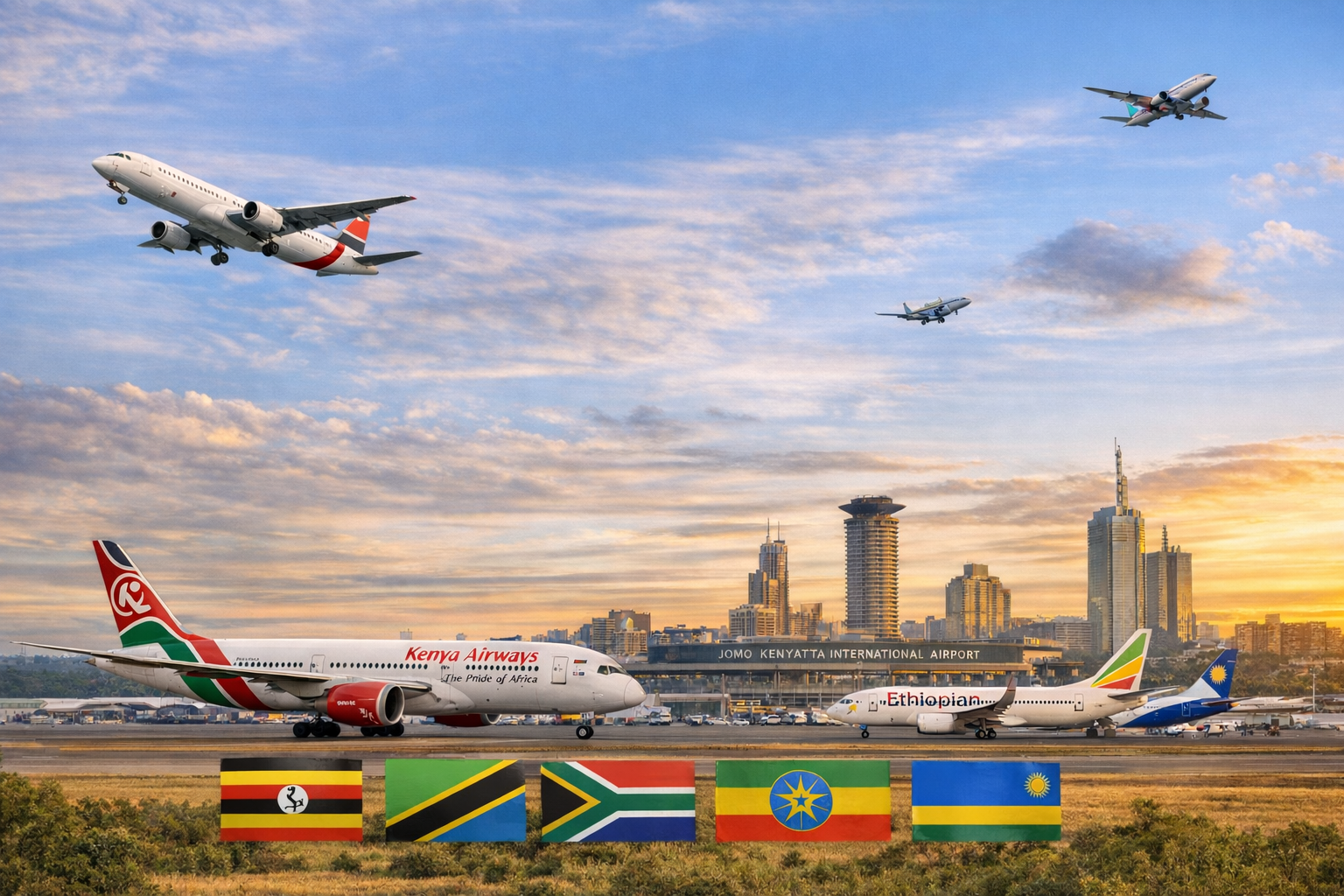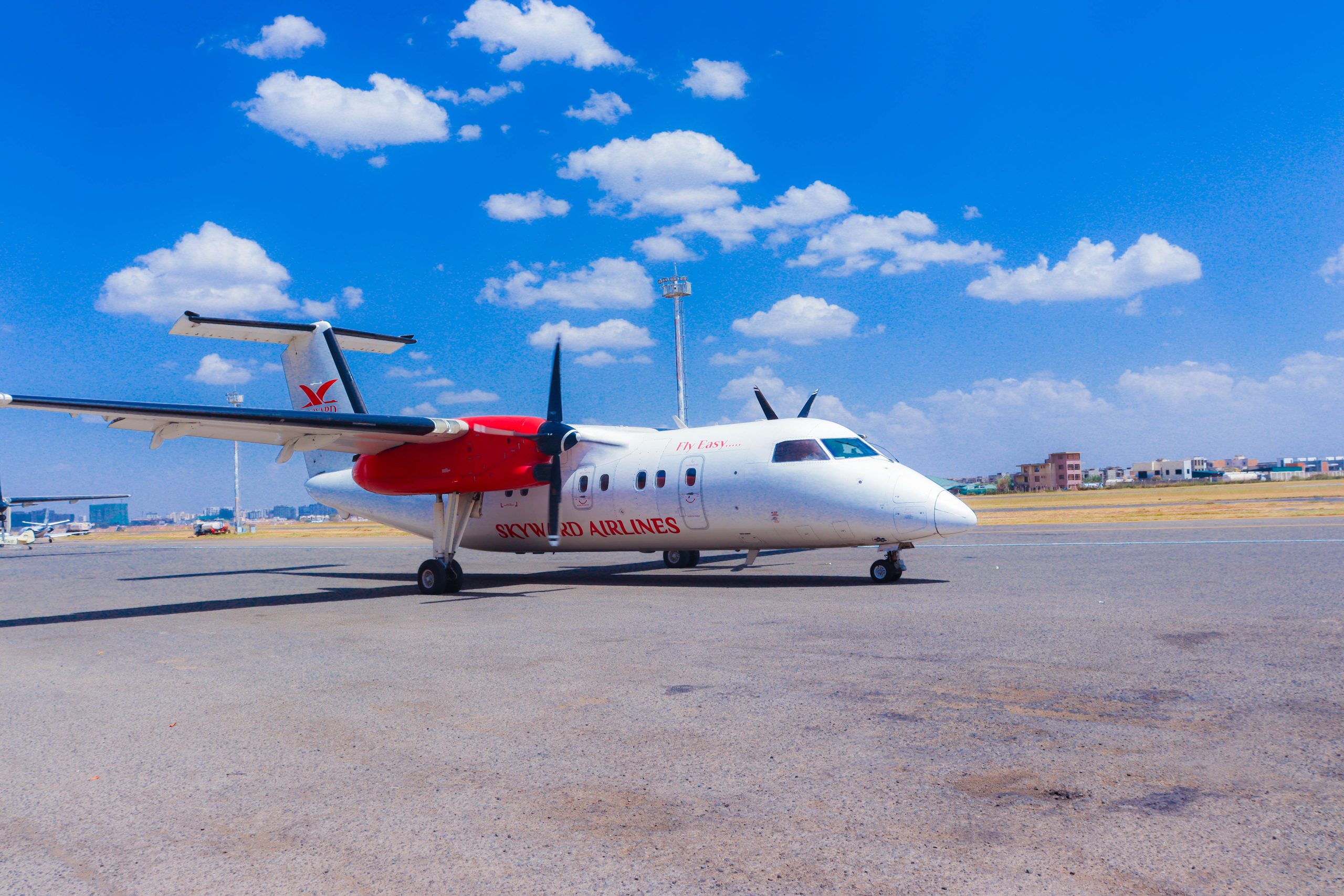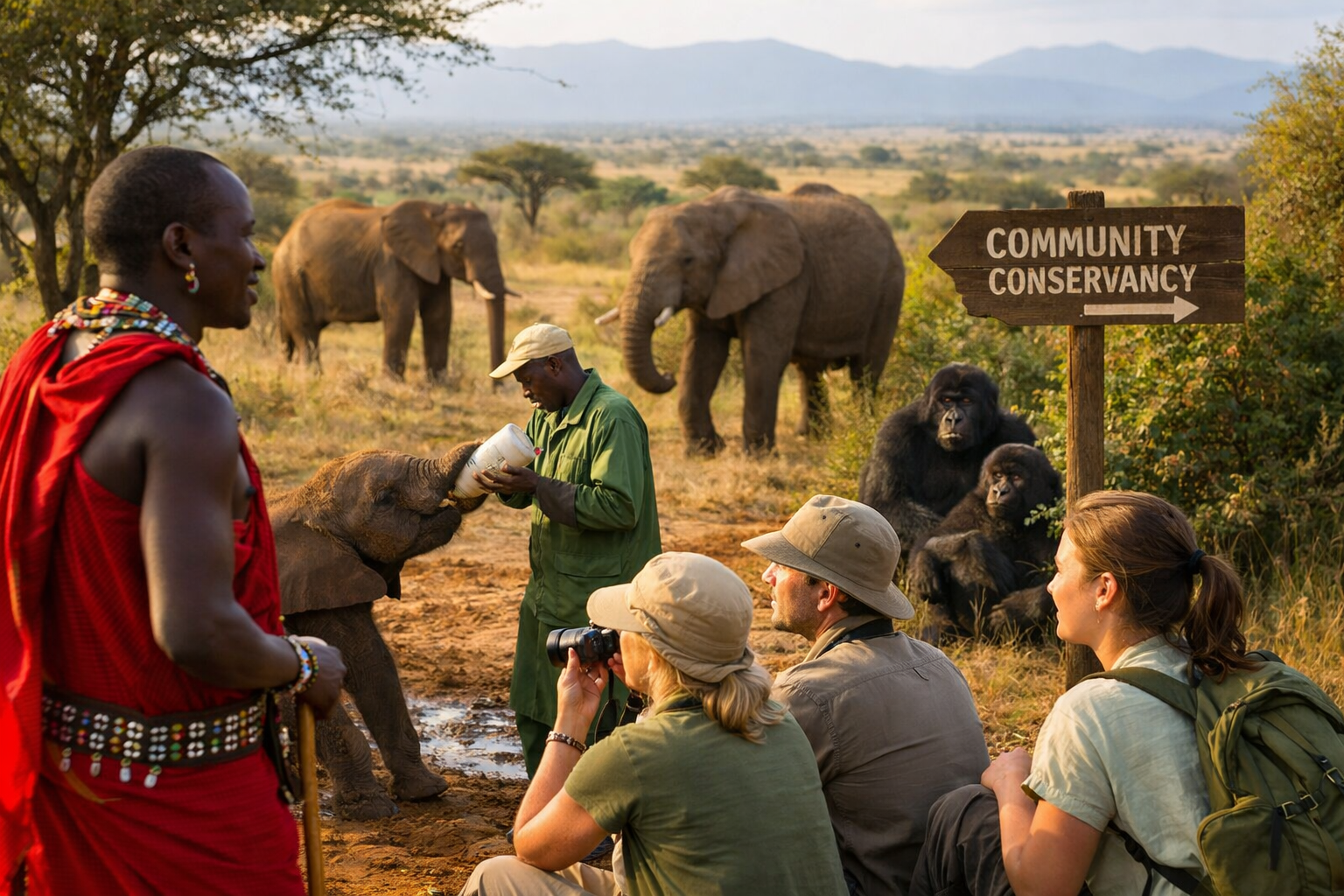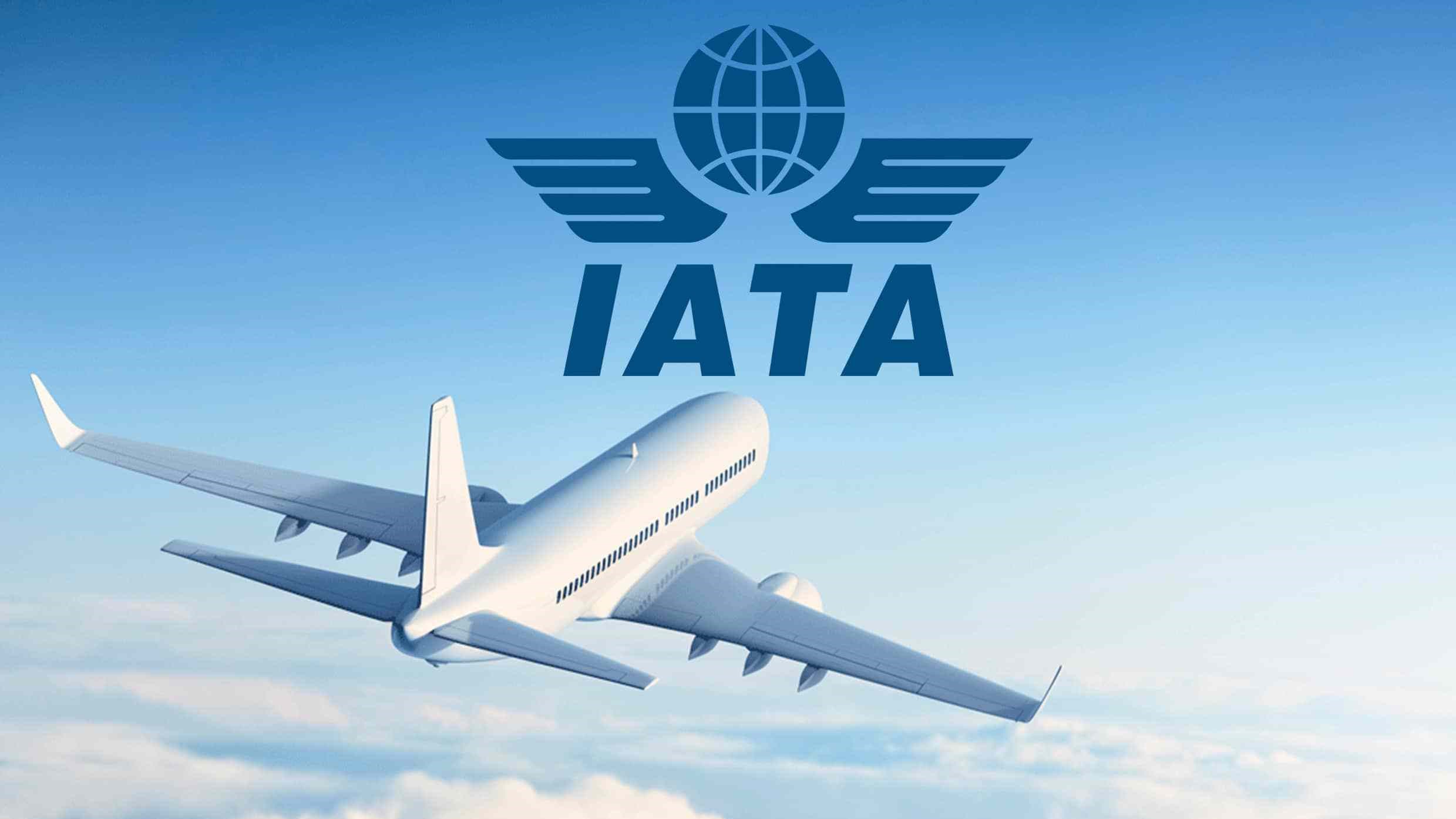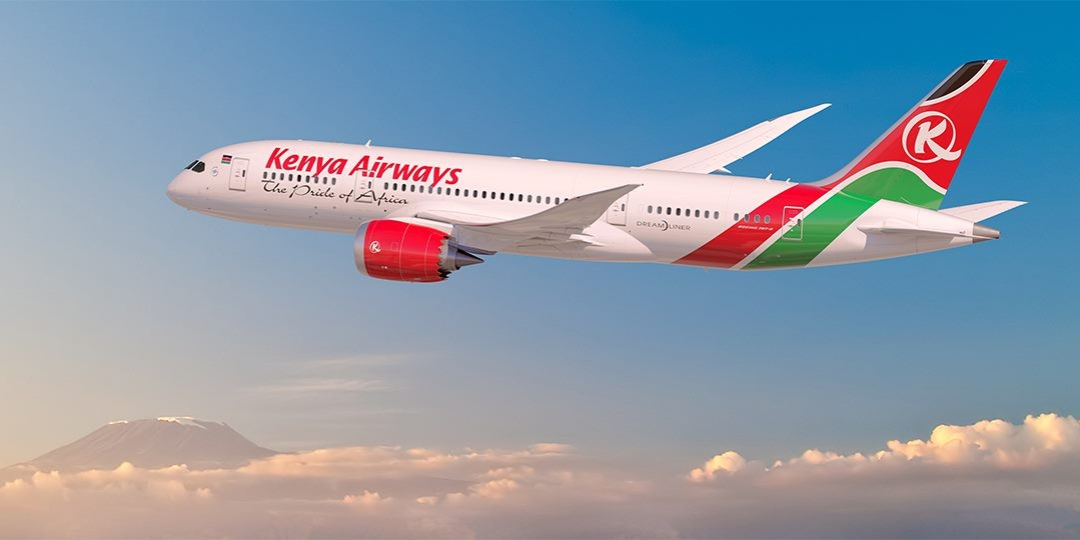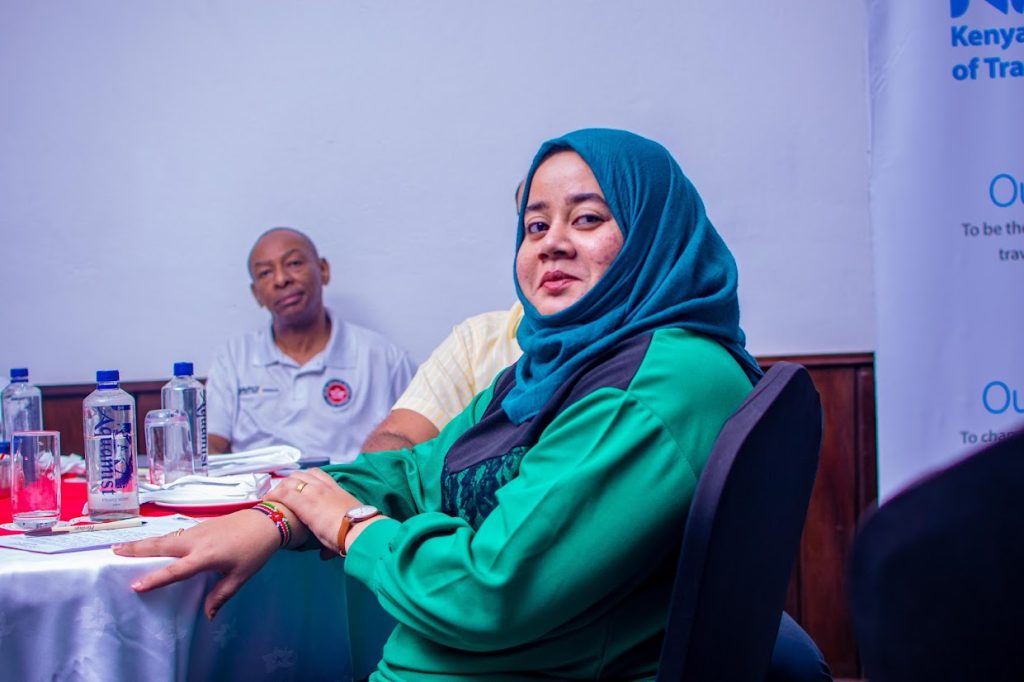By the time the final putt dropped at Karen Country Club on Sunday evening, it was clear that Kenya had delivered back-to-back sporting spectacles that stretched far beyond the scoreboard.
Just days earlier, Nairobi had hosted the HSBC World Rugby Sevens SVNS Division 2 tournament at Nyayo National Stadium, drawing more than 15,000 fans across two days of high-intensity international rugby. The event marked a milestone for Kenya as one of the few African nations to host a leg of the global sevens circuit, reinforcing the country’s growing credentials in international event organisation.
From February 19 to 22, attention shifted to the fairways as the Magical Kenya Open unfolded in Nairobi, part of the DP World Tour calendar. The tournament featured a field of more than 140 professional golfers from over 25 countries competing for a prize purse of approximately 2.7 million US dollars. Sponsors injected tens of millions of shillings into the event, while global broadcast coverage projected Kenya’s image to international audiences.
Together, the two events turned the capital into a sporting hub for more than a week.
Hotels Filled, Flights Booked, Revenue Circulating
Nairobi hotels reported strong occupancy as players, officials, sponsors, and travelling fans checked in. Tourism sector data shows Kenya welcomed 2.39 million international visitors in 2024, a 14.7 percent increase from the previous year, generating hundreds of billions of shillings in tourism earnings. Events such as these contribute to sustaining that upward momentum.
Sports economists note that international tournaments of this scale can inject tens or even hundreds of millions of shillings into host cities through accommodation, dining, transport, merchandising, and entertainment spending. Golf tourists in particular are considered high-value visitors. They tend to stay longer, spend more per day, and combine tournaments with safaris or coastal holidays.
Restaurants saw increased weekend traffic. Ride-hailing services reported peak demand around stadiums and golf venues. Travel agents and Tour operators confirmed that some visiting spectators extended their stays beyond the sporting calendar.
Beyond direct revenue lies global visibility. Television coverage of both tournaments beamed Nairobi’s skyline, hospitality facilities, and sporting infrastructure to millions of viewers worldwide. In marketing terms, that exposure would cost far more if purchased through traditional advertising.
A Bigger Stage Ahead
These successful events come at a pivotal moment. In 2023, Kenya, alongside Uganda and Tanzania, was officially awarded hosting rights for the Africa Cup of Nations by the Confederation of African Football. The 2027 tournament will mark the first time the three East African nations jointly host Africa’s premier football competition.
AFCON is Africa’s largest sporting event, attracting billions of cumulative television viewers globally and tens of thousands of travelling fans. Hosting it will require significant stadium upgrades, transport improvements, and hospitality expansion. But it also represents an unprecedented tourism opportunity. Past editions of AFCON have generated substantial host nation revenue through ticket sales, sponsorships, visitor spending, and global broadcast exposure.
The rugby sevens weekend and the Magical Kenya Open, therefore, serve as more than isolated successes. They are rehearsal moments. They test logistics, security, hospitality readiness, and crowd management. They build confidence among international governing bodies and investors that Kenya can deliver on a continental stage.
Rugby’s Energy, Golf’s Prestige, Football’s Promise
Rugby continues to energise urban crowds and strengthen Kenya’s presence in the global sevens conversation. Golf enhances the country’s reputation among elite sporting circuits and high-spending travellers. AFCON 2027 promises mass continental movement, large-scale fan travel, and unprecedented media attention.
Sport is no longer a side attraction in Kenya’s tourism strategy. It is becoming a pillar.
As the stadium lights dimmed and the final applause echoed across Karen’s fairways, Kenya was not merely closing two tournaments. It was demonstrating readiness for something far larger.
The scoreboard may have reset to zero. The opportunity ahead has only just begun.


